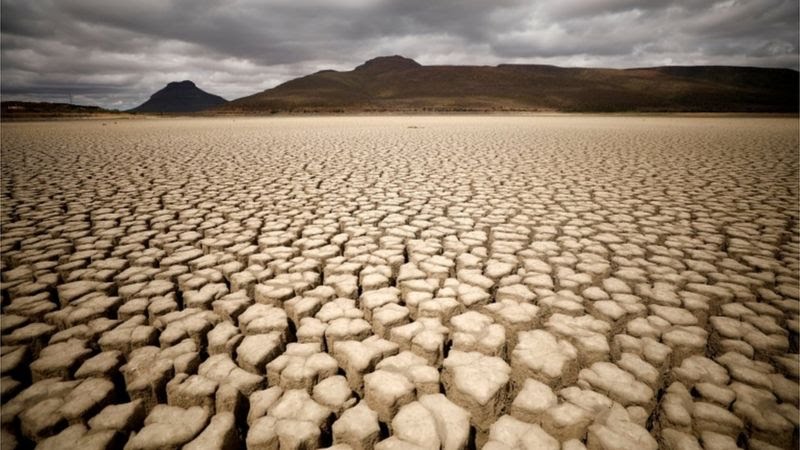UN scientists, in a landmark study, said humanity’s damaging impact on the climate is a “statement of fact”.
The 195-member inter-governmental panel of the United Nations on Climate change, of which India is also a member, released its sixth assessment report today.
UN scientists, in a landmark study, said humanity’s damaging impact on the climate is a “statement of fact”.
Ongoing emissions of warming gases could also see a key temperature limit broken in just over a decade, the report has said.
But there is new hope that deep cuts in emissions of greenhouse gases could stabilise rising temperatures, BBC reported.
The assessment by the Intergovernmental Panel on Climate Change (IPCC) has been published in 142-page document known as the Summary for Policymakers. It comprises of series of reports that will be published over coming months and is the first major review of the science of climate change since 2013.
The report has been released just a month before a key climate summit at Glasgow called COP26.
“Today’s IPCC Working Group 1 Report is a code red for humanity,” said UN Secretary-General, António Guterres.
“If we combine forces now, we can avert climate catastrophe. But, as today’s report makes clear, there is no time for delay and no room for excuses. I count on government leaders and all stakeholders to ensure COP26 is a success.”
The IPCC’s document, in strong, confident tones, says “it is unequivocal that human influence has warmed the atmosphere, oceans and land”.
The authors say that since 1970, global surface temperatures have risen faster than in any other 50-year period over the past 2,000 years.
This warming is “already affecting many weather and climate extremes in every region across the globe”.
Whether it’s heatwaves like the ones recently experienced in Greece and western North America, or floods like those in Germany and China, “their attribution to human influence has strengthened” over the past decade.
Highlights of IPCC report:
- Compared with the decade between 1850-1900, the global surface temperature was 1.09C higher in the decade between 2011-2020
- Since 1850, the past five years have been the hottest on record
- Compared with 1901-1971, the recent rate of sea level rise has nearly tripled
- For the global retreat of glaciers since the 1990s and the decrease in Arctic sea-ice, human influence is “very likely” (90%) the main driver
- It is “virtually certain” that hot extremes including heatwaves have become more frequent and more intense since the 1950s, while cold events have become less frequent and less severe
As an independent media platform, we do not take advertisements from governments and corporate houses. It is you, our readers, who have supported us on our journey to do honest and unbiased journalism. Please contribute, so that we can continue to do the same in future.

